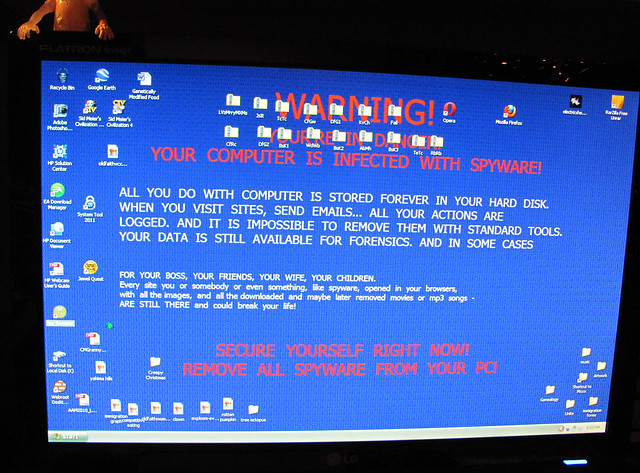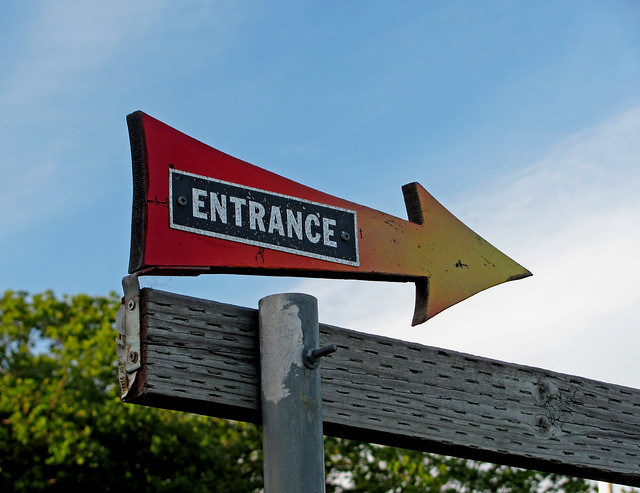We have three questions to ponder:
- What resources can we use to duplicate what November describes (e.g., transforming an existing space into a space that becomes a launching point for community-changing endeavors grounded in strong digital literacy skills?
- What are we (and can we) be doing to encourage our learners to use digital literacy skills in ways that "leave a legacy” (i.e., something that the learners can continue to own and share long after the formal learning opportunities conclude)?
- What can we do in defining and fostering digital literacy to support work that has an identifiable purpose that is meaningful to our colleagues and our learners?
I can tell that this exercise is a little more difficult than our earlier tasks, as here it is Wednesday and nobody has posted on the weekly discussion board yet! Difficult is not quite the right word - what this task takes is a bit more thought and it's not so easy to quickly type out an answer.
I watched the video two nights ago, and took a few notes. Then I watched it again, and added to my notes...
Rather than answer the questions directly, for now I'm just going to make note of my notes. ✏️
- Involvement in community gives meaning
- Critical thinking and problem solving
- Don't teach any particular technology --> short term
- Find a problem, THEN use technology to solve it
- Dignity and integrity of work; adding value
- Leaving a legacy adds value
- PURPOSE! There must be a purpose to the work
- Peer to peer learning is effective (social interaction)
- The ecology of learning has changed
- Contribution = ownership of learning
I've got more thinking to do on those three questions, and how I might answer them in the context of my work both with library staff and our patrons.






